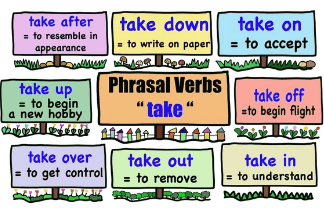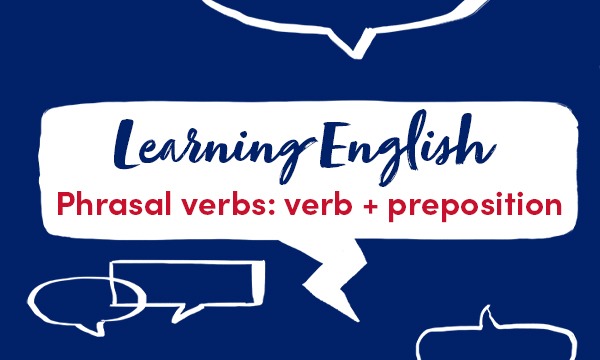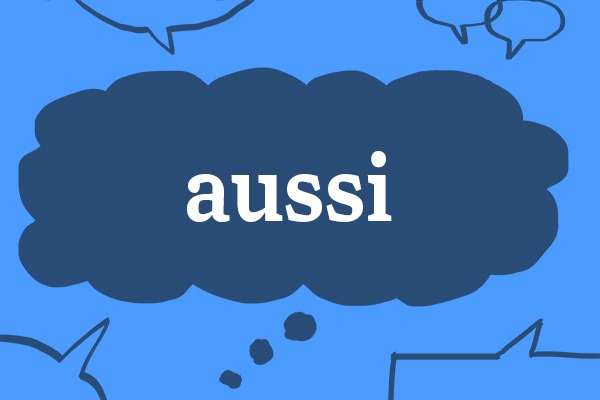
Some verb + preposition phrasal verbs always have an object. This is because prepositions always have an object.
He asked for his bill.
She listened to him.
They referred to our conversation.
Some phrasal verbs with prepositions are: add to, agree with, approve of, ask for, believe in, care for, hope for, laugh at, look for, refer to, run over
Some of these verbs are doubly transitive, since both the verb and the preposition can have an object.
That will just add insult to injury.
We can ask a grown-up for help.
You should check your answers with the teacher.
I have to pay the assistant for my shopping.
In such cases, you must refer the customer to a manager.
For further information on English Grammar, visit: https://grammar.collinsdictionary.com/easy-learning
Come back for other blogs on using English in everyday situations:
https://blog.collinsdictionary.com/language-learners/learning-english
All opinions expressed on this blog are those of the individual writers, and do not necessarily reflect the opinions or policies of Collins, or its parent company, HarperCollins.



